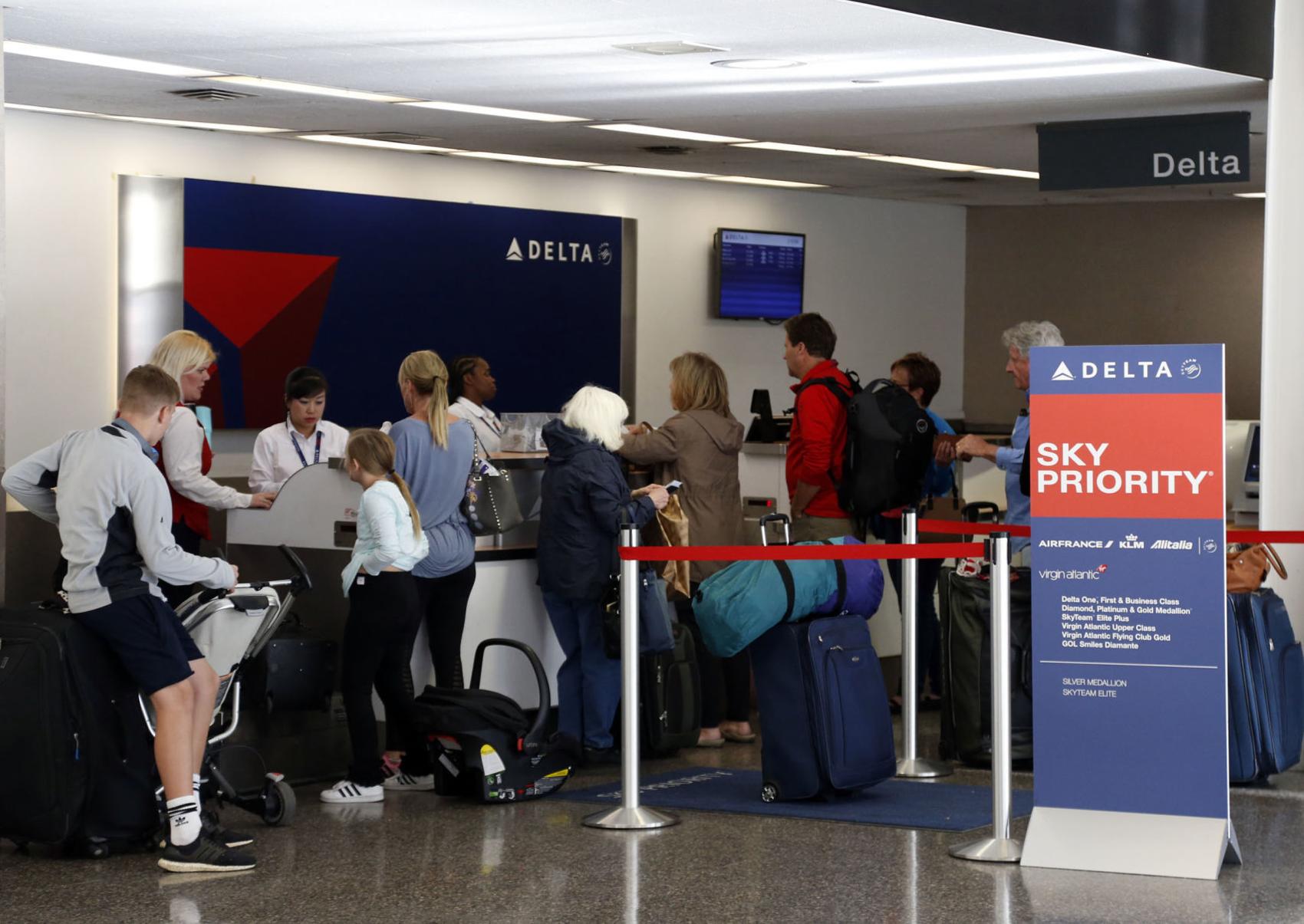Delta Airlines Inc, the second-largest U.S. airline, on Wednesday joined other major airlines in hiking domestic flight baggage fees by $5 per bag to $30. The price hike follows similar moves by United Continental Holdings Inc and JetBlue Airways Corp in August and comes as Congress is considering whether to require the U.S. Transportation Department to assess whether airline baggage and ticket change fees are “reasonable and proportional.”

Delta Joins Airlines In Era Of $30 Bag Fee
Delta, United and JetBlue are now charging $30 for the first checked bag on domestic routes, up from $25 previously, and $40 for the second bag, up from $35. Airlines have cited rising costs as a concern, with high fuel prices and bumps in salaries and benefits for pilots, flight attendants and mechanics pushing up operating expenses.
U.S. airlines’ revenues from baggage and reservation change fees increased from $5.7 billion in 2010 to $7.5 billion in 2017. Other fees are not reported to regulators. United Chief Executive Oscar Munoz defended the price hikes last week, saying they were the first increases in eight years. Munoz said the airline would use some of the added fees to reinvest in operations.
Southwest Airlines Co, the No. 4 U.S. airline, has said it would continue to allow passengers to check two bags and does not charge reservation change fees. U.S. House of Representatives and Senate negotiators have been holding lengthy talks on a compromise bill to reauthorize the Federal Aviation Administration, which could be unveiled as early as this week. Congress faces a Sept. 30 deadline to extend the FAA’s operating authority.
In May, the U.S. Transportation Department opposed provisions in a bill approved by the Senate Commerce Committee that would require new rules prohibiting unreasonable airline fees, arguing it would mark a return to the pre-1978 era before airline deregulation.
American has not followed its competitors in raising baggage fees. Airlines for America, an airline trade group, has said the fee provision would result in “government-mandated price controls” and should be rejected. A Senate aide involved in the talks predicted the fee provision would not be included in the compromise bill but would include other consumer protections such as requiring the Transportation Department to set minimum standards for seat size.




